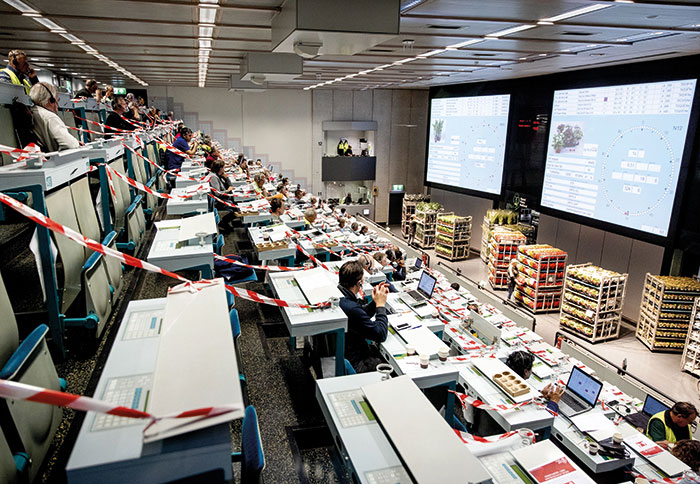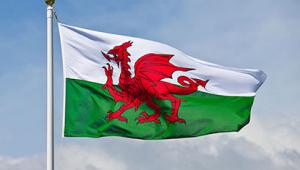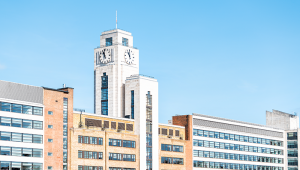
In recent weeks we have witnessed widespread and rapid innovation. F1 and aerospace companies have come together to develop ventilators for the NHS. Huge hospitals have been created from conference centres.
A Covid-19 vaccine could be trialled in days and become widely available within 12-18 months, in contrast to the 10-15 years usually required. Plus, financial support schemes have been created and implemented on a scale and at a pace previously unimaginable.
Vast swathes of the population are working productively from home – including many former ‘technophobes’, who have suddenly become experts in video conferencing, online shopping and accessing online content.
As a by-product, this increase in video conferencing has given us new glimpses into the houses of colleagues, friends and celebrities, making us all think more about the backgrounds we share with the virtual world outside. Plus, lockdown has made us much more aware of the importance of human interaction, exercise, and access to fresh air and sunshine, to maintain our mental health and productivity.
All of this, of course, has taken place against a backcloth in the UK of 17,337 deaths as of 21 April, massive distress and disruption for huge numbers of people, the probable loss of hundreds of thousands of jobs and an Office for Budget Responsibility assessment that GDP could fall by 35%.
Internationally, the International Monetary Fund is warning that we are facing the worst global recession since the Great Depression of the 1930s.
In short, our lives have changed dramatically over the past few weeks, and, as individuals, employers, businesses, and governments, we are all working hard to adapt, adjust our lifestyles and work out where the future might take us.
While technology and innovation are showing that they have important roles to play, we cannot just sit in our homes waiting for a vaccine. Two other important ingredients of change are attitude and adapting to the new realities.
Instead of ‘good luck’, my Italian friends say ‘in bocca al lupo’, or ‘into the mouth of the wolf’, which is the equivalent of saying ‘break a leg’ in English. You must immediately respond with ‘death to the wolf’ – not ‘thank you’, as this risks bad luck. Given the way that coronavirus has ravaged Italy, this seems to epitomise the type of defiance we all need to thrive as we go forward.
In terms of adapting, colleagues in the Netherlands are talking about the ‘1.5-metre economy’, where to keep the economy going and people at work, all individuals take personal responsibility for keeping a distance of 1.5 metres, as designated in the Netherlands. In workplaces where this is possible, activity can take place.
Where it is not – at festivals and large events, for instance – activity is banned. The idea relies heavily on individuals taking personal responsibility and self-policing. This may be the type of model, perhaps coupled with additional precautions such as greater use of face masks and stratified testing, that all countries will have to adopt to get their economies restarted.
Looking ahead, to fight Covid-19 and return to some sort of normality, we will need a mixture of continued innovation, greater use of technology, changes in lifestyle and, most of all, a resilient attitude to ‘kill’ the Covid-19 wolf.





















